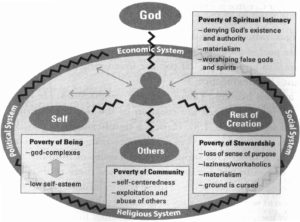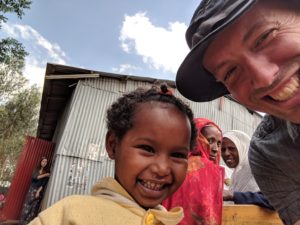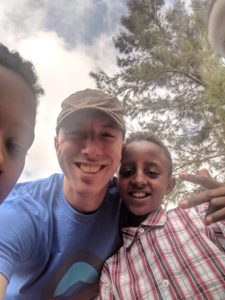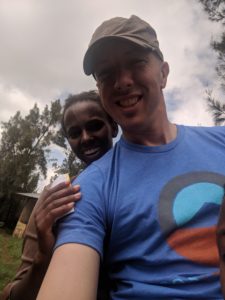This time of year you may begin to notice an uptick in social media posts about short term mission trips. They are a popular form of summer ministry in most churches, and social media is an efficient way to share about those experiences. And no form of sharing is more common than the mission trip selfie.
Here are a few of mine:
I’m sure you’ve seen pictures like this before. What they usually have in common is: An affluent American, a $200 cell phone, and a poor child from a 3rd world country. And after seeing a few dozen of these photos it is easy to become a little jaded and suspicious. Are short term mission trips a positive thing? Does it seem like some of these trips are a little more like tourism than help? Have the poor become to us props and photo ops instead of people?
While these questions are impossible to answer just by looking at a picture, they are really important questions. And every church who participates in short term mission trips has to wrestle with these.
We’ve been wrestling with these questions for years at Pulpit Rock. (One of the best resources we’ve found is the book When Helping Hurts) and God has led us to a few values that guide everything we do internationally.
Our goal is to be humble and helpful, and to avoid the sort of easy answers that lead to exploitation. Here are 5 values that guide our short-term mission trips:
- Most problems in the world are not money problems.
Don’t get me wrong, money is a part of many problems. But it is a classic American assumption to view those with less money as worse off than us. But if the issues of the world were primarily about a lack of money, then it would make sense that those of us who have money would be the happiest, most joy filled and spiritually centered people on the planet. When we step into other cultures, we always have to remind ourselves that the problems we see are holistic and systemic and human (just like all the problems in our country). So any help we seek to bring must be equally holistic.

- We are not the only helpers and they are not the only ones in poverty.
It is impossible to do healthy short-term mission trips without the right definition of poverty. One of the best I’ve seen comes from the book “When Helping Hurts.” The authors define poverty as broken relationships with God, self, others and creation. And by that definition every person experiences poverty. Even people with a great deal of money can experience intense poverty. Overseas missions (and really all ministry) is about one person in poverty helping another person in poverty. And when you go on a short-term mission trip it is as important that you receive help as it is that you give it. I’ve met so many people who have far less money than I do, but who also have a sort of wealth that I struggle to find. And as they have become my friends, they have helped me far more than I have been able to help them.
- Mutual respect is vital.
When we cross into another culture, one of the best things we can take is a posture of humble respect. We must enter other cultures as learners first, and helpers second. When we do that, we discover that it often isn’t about what we bring to the table – our skills, our resources – but it is about journeying with people not as an “expert” but alongside them in friendship.
- Partnerships are the key.
We don’t ever want to do short term missions without having a partner we trust to guide us. The relationship with local people is the most important asset in any work. We never go overseas to do a job – we go overseas to build a relationship and serve in community with others. This means we invite others into the process, and we wait on them to invite us into their lives.
- Sustainability is always the goal.
Not all help is created equal. There are countless stories of wester missionaries who went into communities and threw a bunch of money at something, then left, and months later there was nothing to show for the efforts. Our goal is never to “handout” money – our goal is to develop people and systems so that they can last whether we are there or not. In most cases, our international partners know better what would help than we do. Our goal is always to listen a lot, and suggest a little.
- BONUS – there is grace for our mistakes.
While we want to be thoughtful about how we engage internationally, we don’t ever want to forget that there is a God who loves people guiding us, and he is in the habit of redeeming our mistakes. There is a lot of good that we can do in the world! We want to step into it with the right posture, but we don’t ever want to let fear of making a mistake keep us from trying to do good. Each of us has something to contribute to the world. And each of us has to learn how to contribute in the most helpful way. Part of that learning process is making mistakes, and seeing God’s grace in the midst of our failures.
Have you ever struggled with the idea of short term missions trips? Do you have a story of how God has changed your heart on a short term mission trip? We’d love to hear how you’re navigating this idea.
Or even better, we’d love it if you’d join us on a trip soon!




